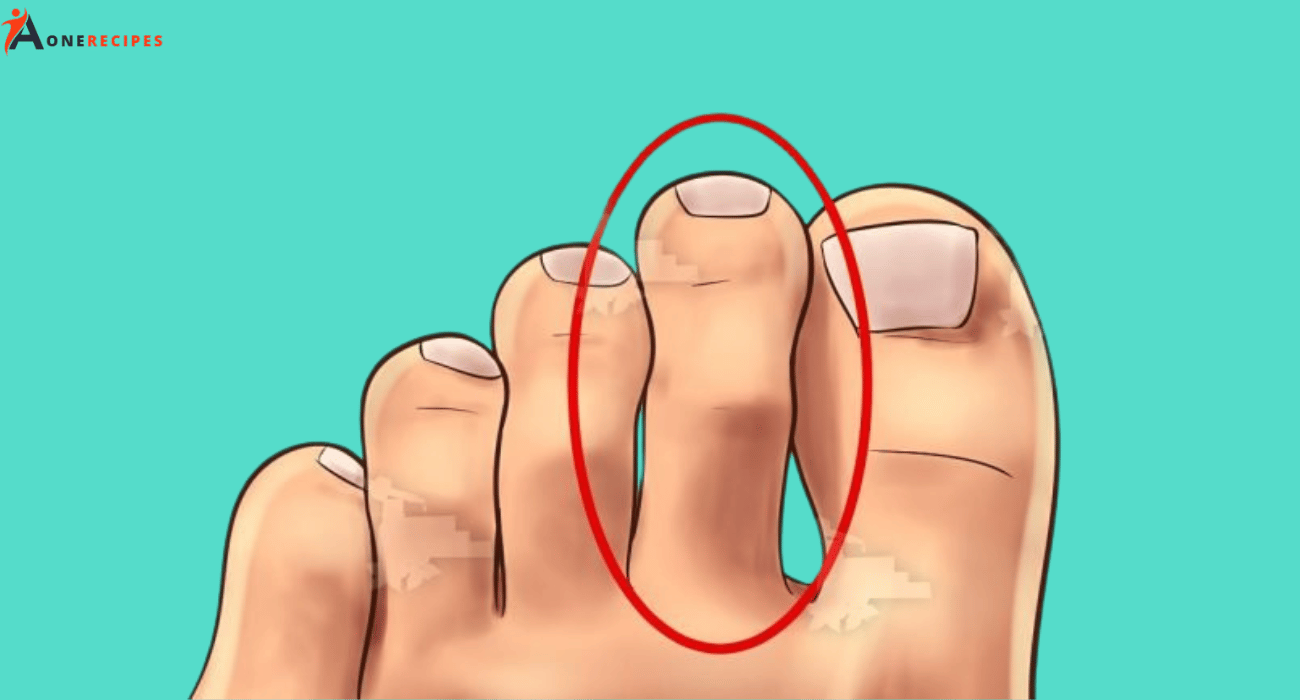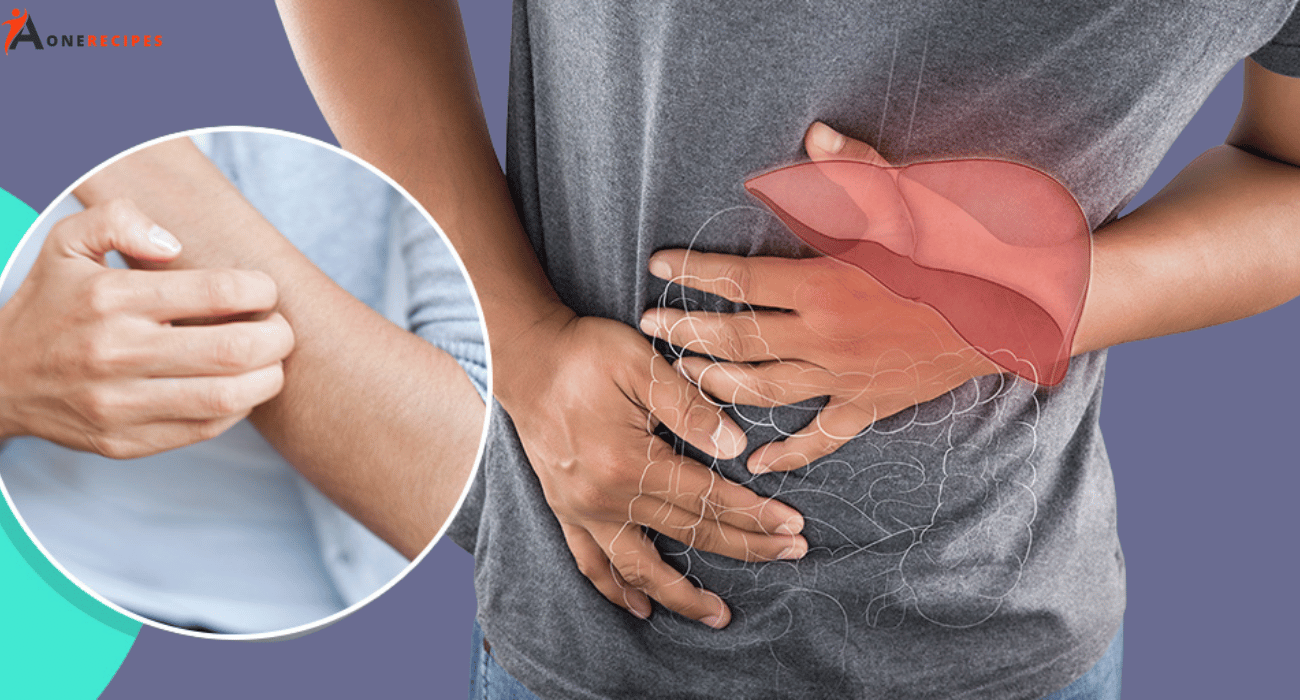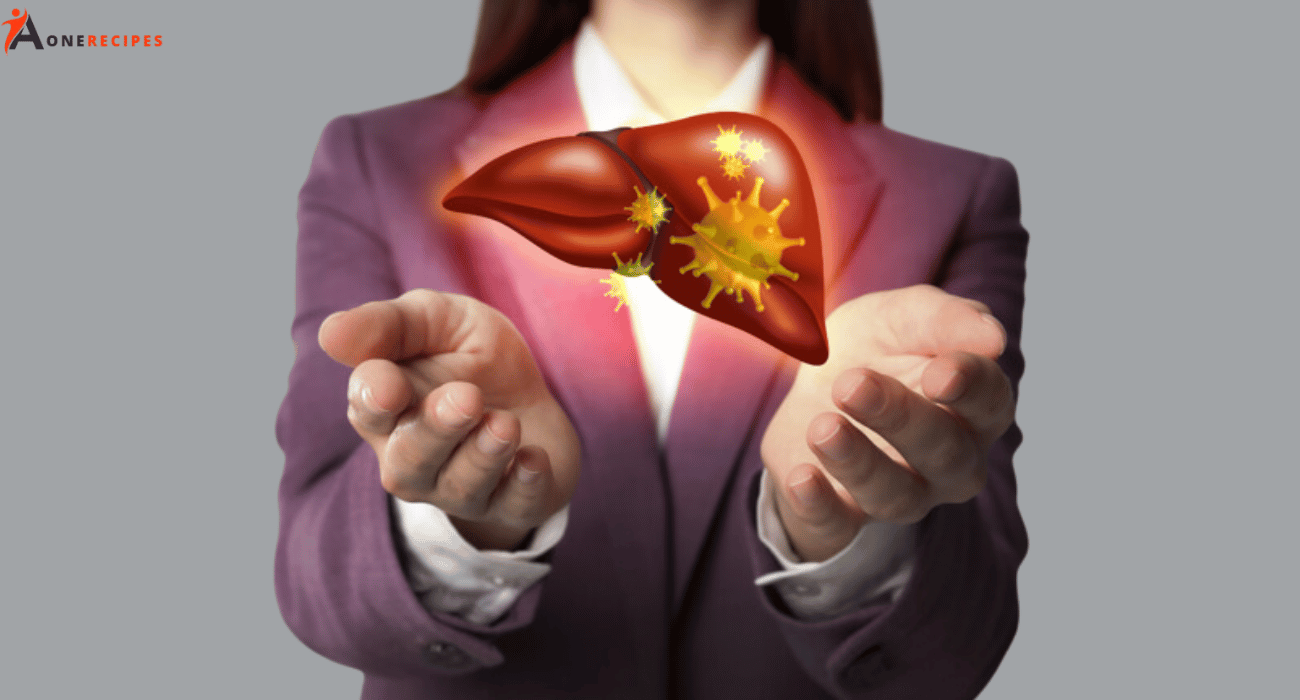10 Warning Signs Your Body Is Sending You for Help!
Our bodies constantly send us signals when something is off, and it’s important to listen closely to these signs. Being aware of these signs can play a crucial role in preventing or addressing health issues early. Here’s a more in-depth look at common signs your body may be sending, and what they could mean:
1. Leg Cramps
Leg cramps are sudden, painful muscle contractions that usually last a few seconds to a few minutes. They often occur in the calf muscles and may be triggered by dehydration, a lack of essential minerals (magnesium, calcium, potassium), or prolonged sitting or standing. If cramps occur frequently, it could be a sign of an underlying issue such as nerve compression or circulation problems. To prevent cramps, stay hydrated, eat a balanced diet with mineral-rich foods like leafy greens, bananas, and nuts, and stretch regularly.
2. Food Cravings
While food cravings are common, they often indicate a deficiency in specific nutrients or an imbalance in blood sugar levels. For example, craving chocolate could be a sign of magnesium deficiency, while salty cravings might point to a need for sodium or potassium. Stress can also play a big role in cravings due to changes in cortisol levels. To curb cravings, aim to maintain a balanced diet with whole, unprocessed foods. Reducing sugar intake and incorporating more fiber-rich foods can also help stabilize blood sugar and reduce unnecessary cravings.
3. Dry Skin
Dry, flaky skin can result from environmental factors like low humidity, harsh winds, or hot showers, but it can also indicate internal issues such as dehydration or vitamin deficiencies (particularly vitamin E and omega-3 fatty acids). Chronic dry skin may be linked to conditions like eczema, psoriasis, or hypothyroidism. To manage dry skin, drink plenty of water, use gentle moisturizers, and eat foods rich in healthy fats, such as avocados, nuts, and fatty fish like salmon. Additionally, avoid long, hot showers and harsh soaps that strip the skin of its natural oils.
4. Headaches
Headaches are a common complaint, but frequent or intense headaches could signal more serious health concerns, including stress, dehydration, eye strain, sinus issues, or even high blood pressure. Migraines, a specific type of headache, can also be triggered by hormonal changes, certain foods (like caffeine or cheese), or sleep deprivation. It’s important to manage stress, get enough rest, stay hydrated, and consider keeping a headache diary to identify triggers. If headaches persist or worsen, a medical professional can help rule out underlying conditions and recommend treatments.
5. Brittle Nails
Brittle nails that break or split easily may signal a deficiency in essential nutrients like biotin, iron, or zinc. Exposure to harsh chemicals, frequent hand washing, or not moisturizing can also weaken nails. In some cases, brittle nails may be a sign of an underlying condition such as hypothyroidism or anemia. To strengthen nails, moisturize regularly, wear gloves when handling chemicals, and incorporate biotin-rich foods (like eggs, nuts, and seeds) into your diet. A biotin supplement may also help if recommended by your healthcare provider.
6. Bad Breath
Bad breath, or halitosis, can result from poor oral hygiene, but it can also be linked to gastrointestinal issues, infections, or metabolic conditions such as diabetes (due to a buildup of ketones). A dry mouth caused by dehydration or certain medications can contribute to bad breath as well. Maintaining proper oral hygiene, including brushing your teeth twice a day, flossing, and using mouthwash, is key. For persistent bad breath, drink more water, avoid tobacco, and consider foods like apples, parsley, or green tea, which can help freshen breath naturally. If it continues, a visit to the dentist or doctor may be necessary to identify any underlying health issues.
7. Bloating
Bloating often occurs when excess gas builds up in the stomach or intestines, typically due to poor digestion or a food intolerance (e.g., lactose or gluten). It can also result from constipation, dehydration, or eating foods that are difficult to digest, like beans, cabbage, or carbonated beverages. Chronic bloating may be a symptom of conditions like irritable bowel syndrome (IBS), celiac disease, or gut dysbiosis. To alleviate bloating, drink plenty of water, avoid foods that cause gas, and increase fiber intake gradually to help with digestion. Probiotics and regular exercise can also help regulate digestion and reduce bloating.
8. Fatigue
Fatigue is more than just feeling tired—it can be caused by underlying medical conditions such as anemia, thyroid disorders, diabetes, sleep apnea, or chronic fatigue syndrome. Poor sleep, stress, or inadequate nutrition (such as low iron or B12) can also contribute to feeling drained. To combat fatigue, focus on getting quality sleep, eating a nutrient-dense diet, and managing stress. Regular exercise is crucial for boosting energy levels, and if you suspect an underlying condition, consulting with a healthcare provider is important for proper diagnosis and treatment.
9. Irregular Bowel Movements
Changes in bowel movement patterns, such as frequent diarrhea or constipation, can result from diet, stress, or gastrointestinal disorders. Insufficient fiber intake, dehydration, or a lack of physical activity can contribute to constipation, while food intolerances, infections, or digestive diseases like Crohn’s disease can cause diarrhea. To maintain regular bowel movements, drink plenty of water, eat a high-fiber diet (including fruits, vegetables, and whole grains), and engage in regular exercise. If issues persist, seeking advice from a healthcare professional is essential for proper diagnosis and treatment.
10. Greek Foot
Greek foot, where the second toe is longer than the big toe, is a common condition that affects up to 30 percent of the population. While it’s typically harmless, it can lead to discomfort or pain in the feet, especially when wearing ill-fitting shoes or during long periods of standing or walking. Using shoes with adequate support, cushioned insoles, or orthotics with a metatarsal pad can help relieve pressure and prevent pain. If you experience significant discomfort, consulting with a podiatrist can help you find the best treatment options, which may include custom orthotics or physical therapy.
By paying attention to these signs and making proactive changes to our diet, lifestyle, and habits, we can improve our overall health and prevent more serious health issues in the future. If any of these symptoms persist or worsen, seeking medical advice is always a good step toward ensuring proper care.



